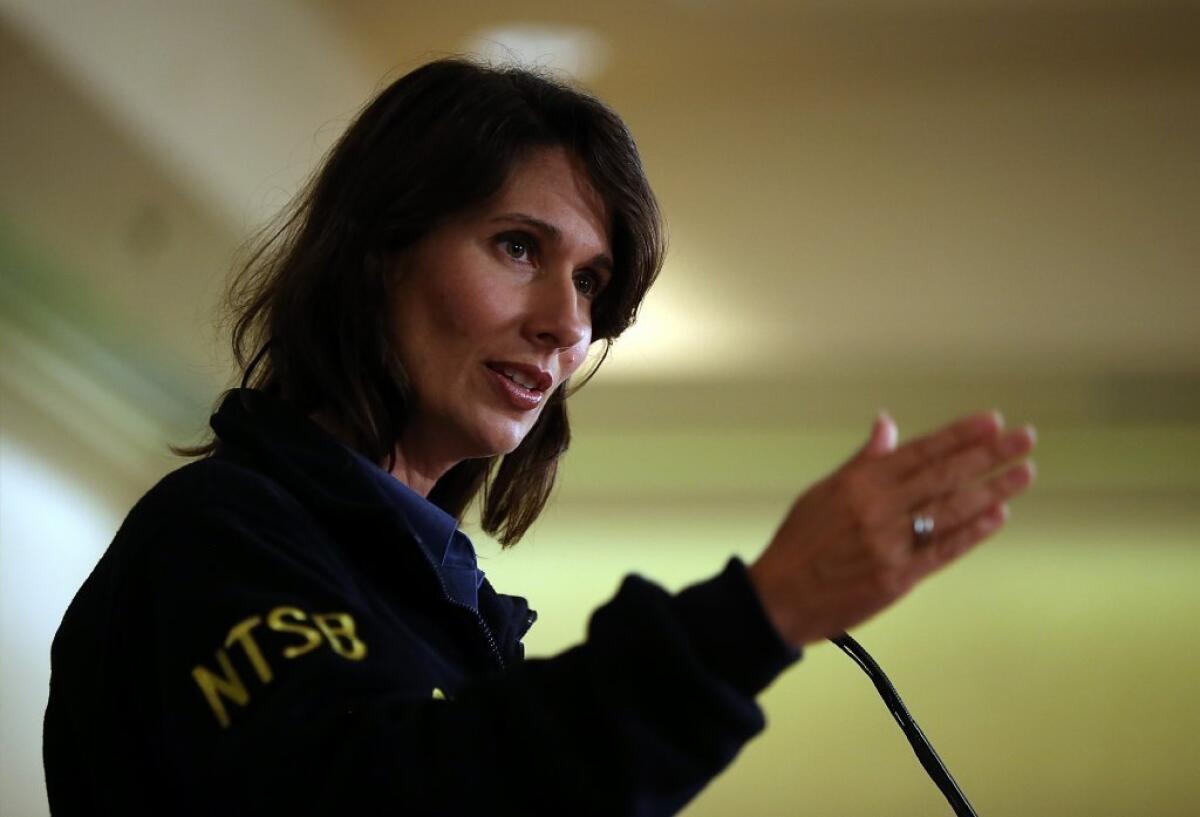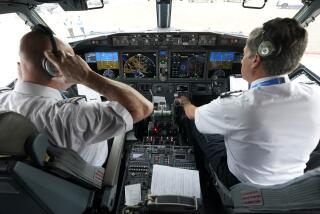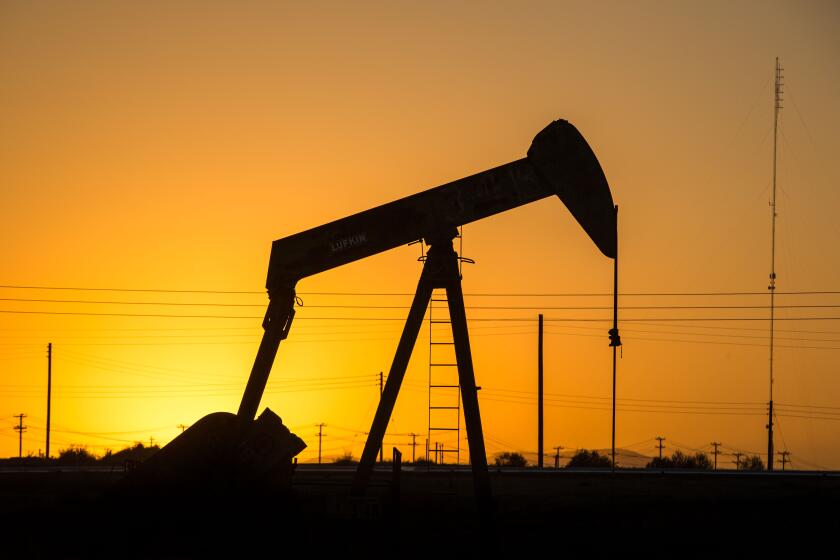A lame reason for not drug-testing Asiana pilots

If a driver were involved in a crash locally and alcohol or drugs could have been an issue, police will usually have the driver tested. It wouldn’t matter if he or she were a tourist from another country, or a visitor here to do some corporate business.
Why, then, is it different for pilots of airliners that crash? This puzzling dichotomy was revealed Tuesday in a news conference about the Asiana Airlines crash in San Francisco.
According to Deborah Hersman, chairwoman of the National Transportation Safety Board, federal rules call for key crew members involved in an accident to receive drug and alcohol testing. But the rules don’t cover pilots flying with foreign licenses.
Hersman didn’t say why this is so, but it makes no sense. Not that anyone is making accusations against the three pilots in the cockpit or that anyone should; testing would just seem a normal, routine item to take care of. And if American pilots were involved in an accident overseas, they also should be tested by that country.
It’s all the odder when you consider that ground crews who rushed to the crash scene immediately after the accident did receive the testing; investigators had said injuries to one of the two who died were consistent with being hit by a vehicle, although it is not known if any such thing happened. So the drivers of any of those vehicles had to be tested. The results were negative.
ALSO:
Pope John Paul II and the trouble with miracles
L.A.’s broken-parking-meter scheme may soon expire
Safest seats in an air crash: They’re not where you might think
More to Read
A cure for the common opinion
Get thought-provoking perspectives with our weekly newsletter.
You may occasionally receive promotional content from the Los Angeles Times.











